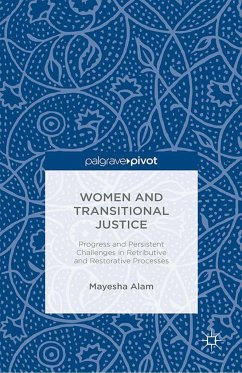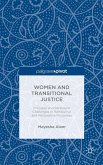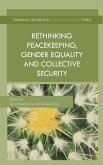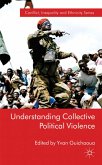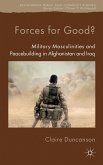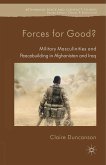How can transitional justice institutions provide due diligence to the lived experiences of women during war and violent political upheaval? How can transitional justice provide redress to women for harms suffered? How can transitional justice help transform unequal gender relations post-conflict? These are some of the difficult but urgent questions addressed in this unique study.
Providing a compelling case for greater sensitivity towards the needs of women and increased efforts to promote women's participation in transitional justice initiatives, Alam presents theoretical and conceptual analysis alongside revealing case studies from Kenya and Bangladesh. The study offers descriptive, normative, and prescriptive value intended to improve the practice of transitional justice institutions and elevate the status of women in conflict-affected societies.
This is a timely resource especially in light of the forthcoming 15th anniversary of UNSCR1325, and will appeal to awide range of scholars and practitioners in Security, Peace, and Conflict Studies, International Law, and Gender Studies.
Providing a compelling case for greater sensitivity towards the needs of women and increased efforts to promote women's participation in transitional justice initiatives, Alam presents theoretical and conceptual analysis alongside revealing case studies from Kenya and Bangladesh. The study offers descriptive, normative, and prescriptive value intended to improve the practice of transitional justice institutions and elevate the status of women in conflict-affected societies.
This is a timely resource especially in light of the forthcoming 15th anniversary of UNSCR1325, and will appeal to awide range of scholars and practitioners in Security, Peace, and Conflict Studies, International Law, and Gender Studies.

